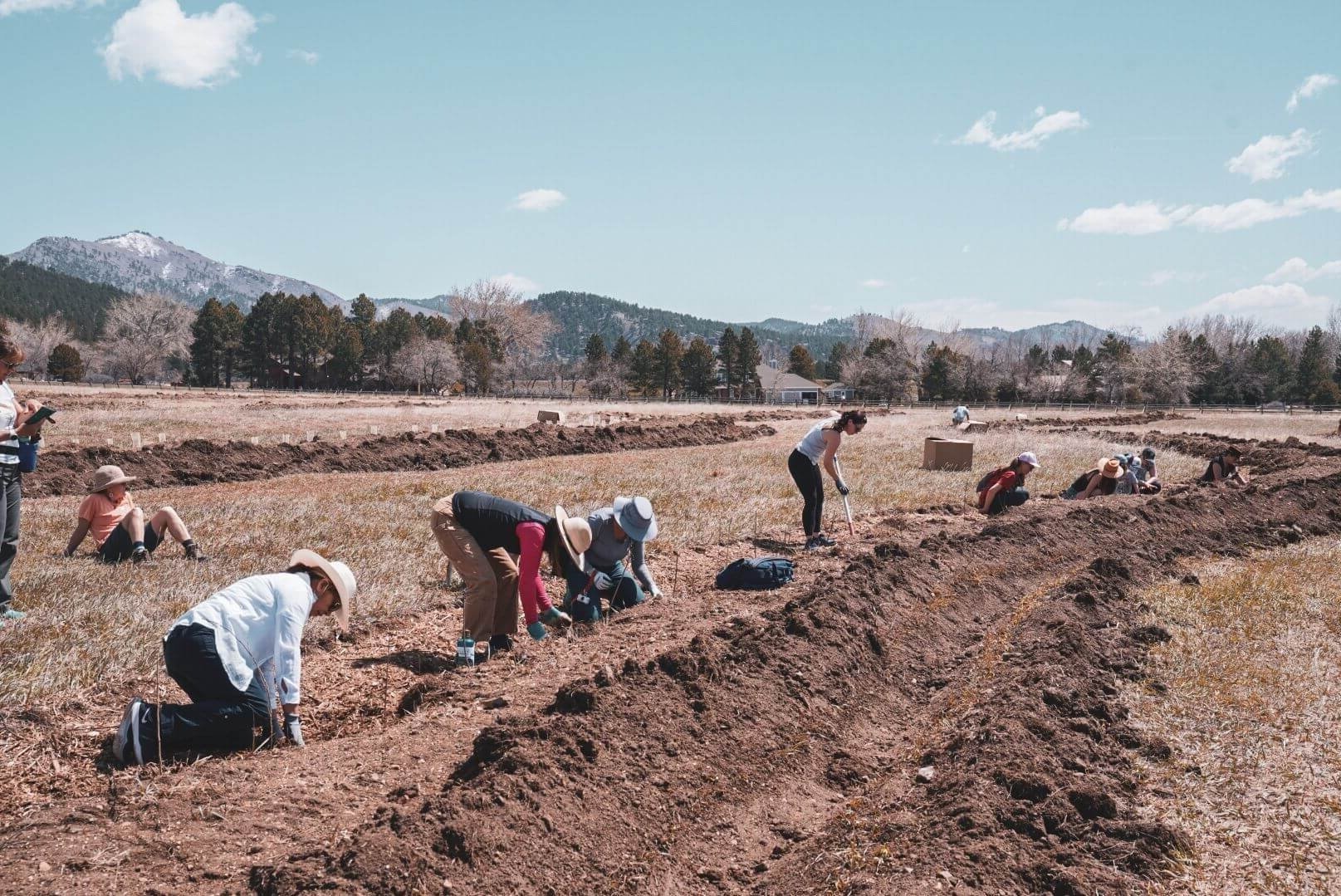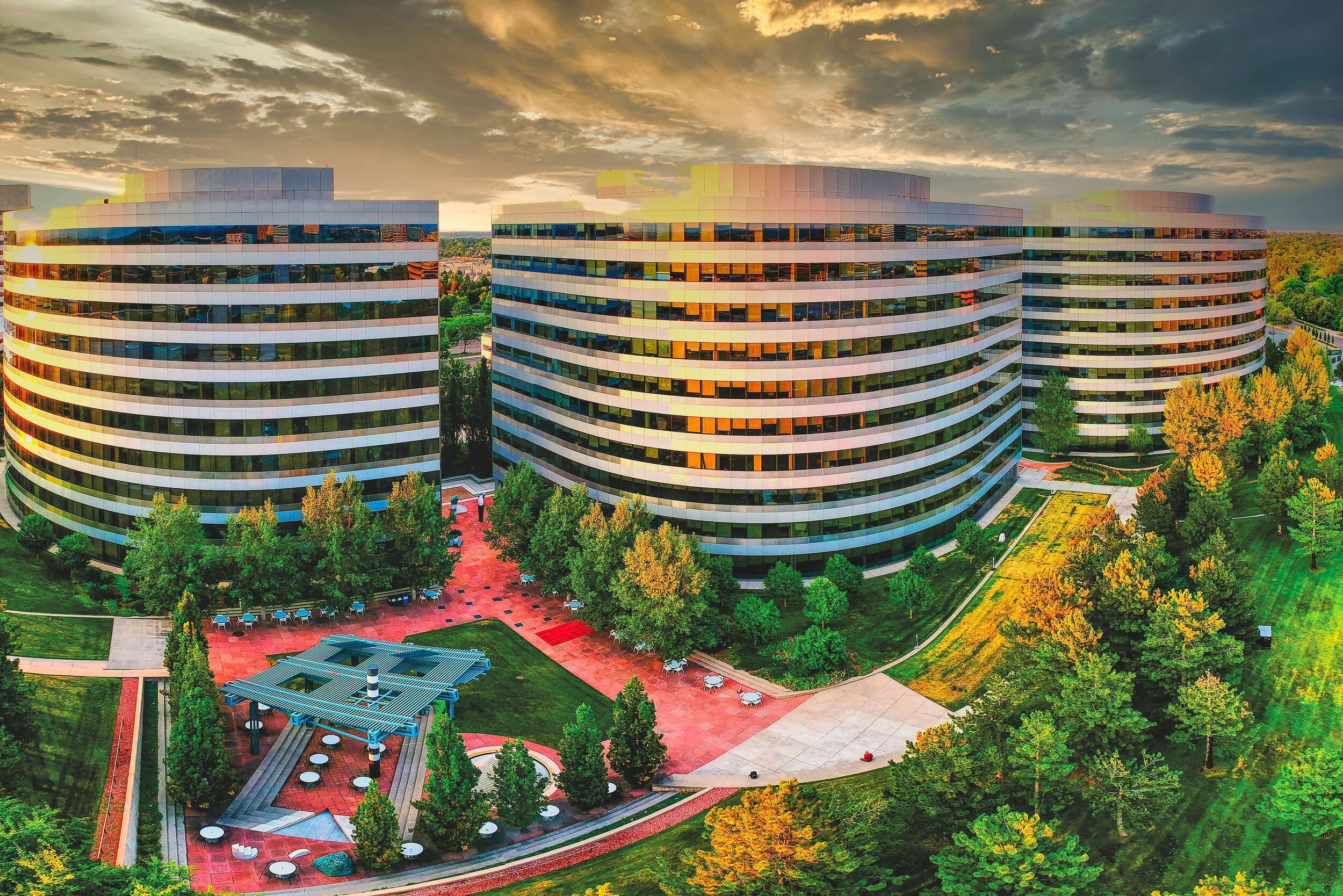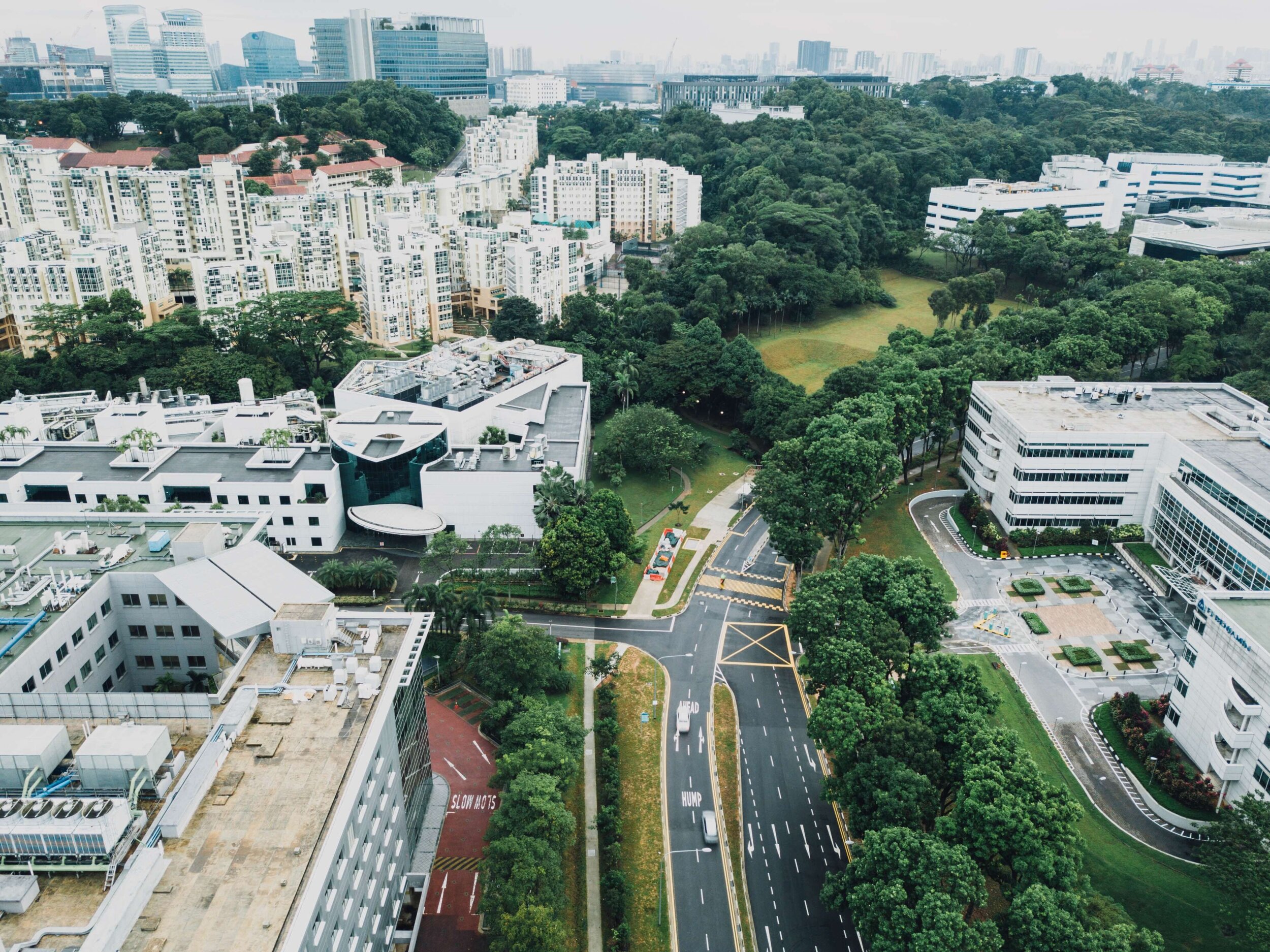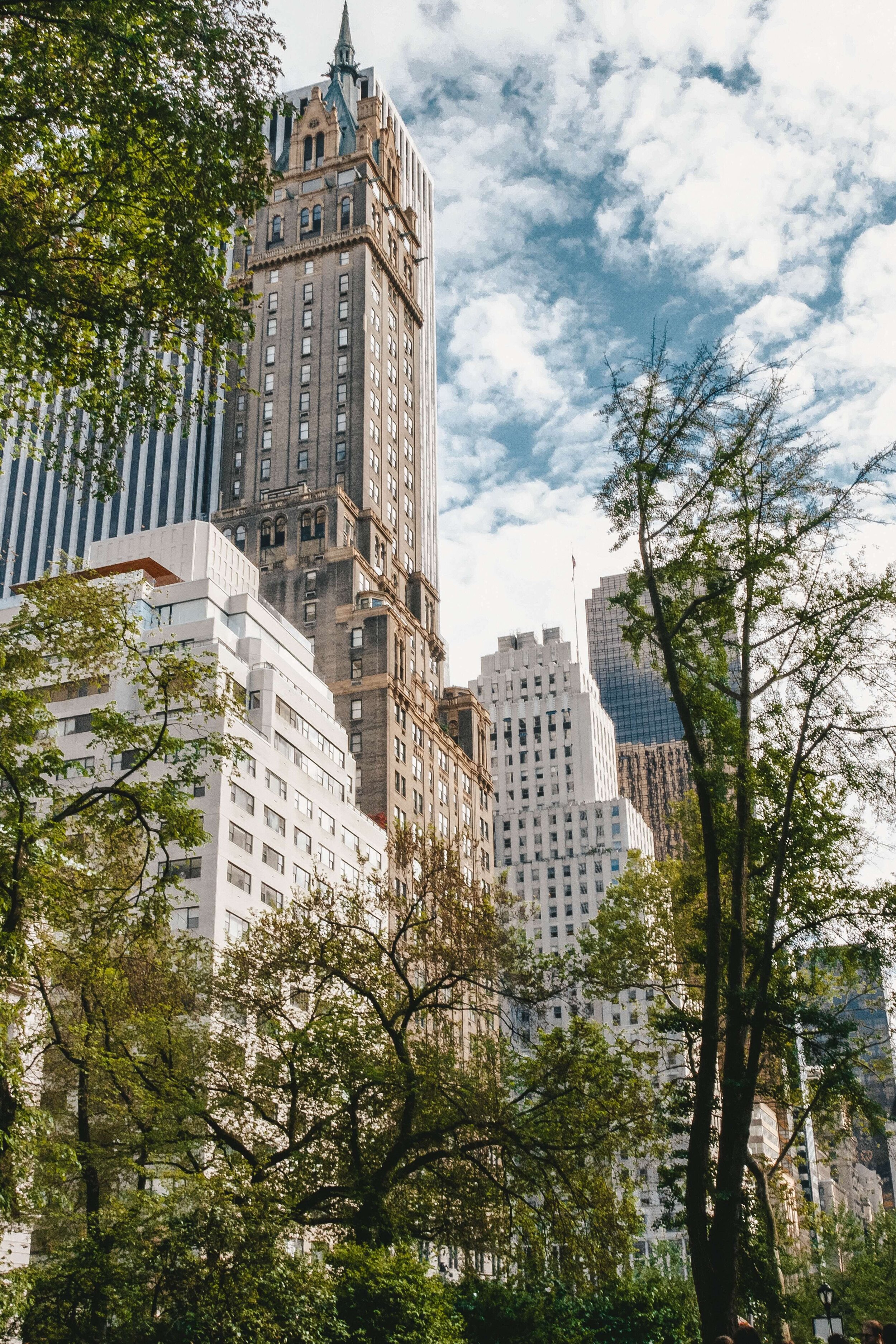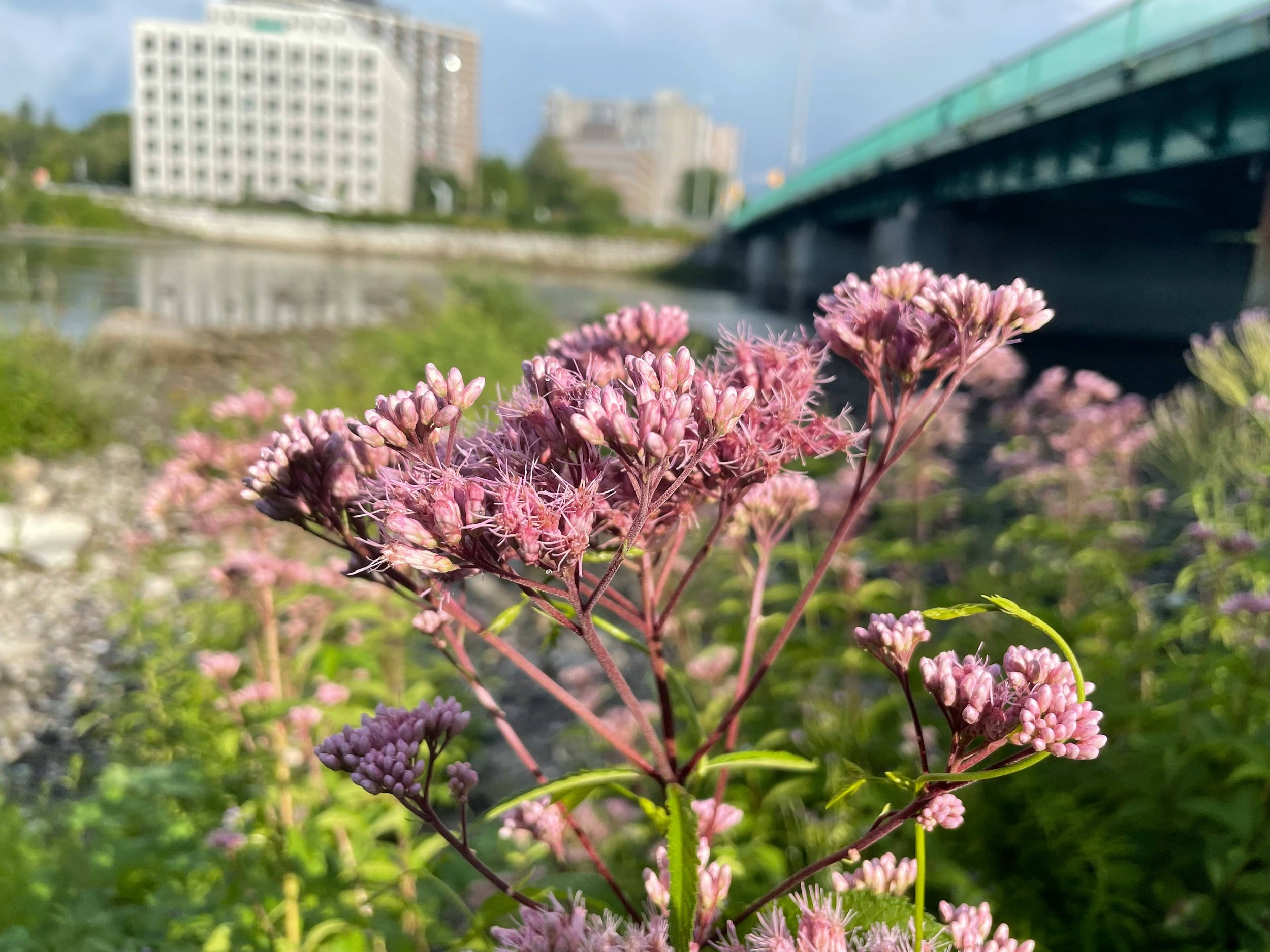
Catalyzing the regeneration of living systems to create climate-resilient communities.
Stabilizing our climate requires that we actively regenerate over 40% of the terrestrial world that has been degraded by generations of unsustainable use.
To stabilize climate and address a many of the other existential challenges we face—biodiversity loss, desertification, air and water pollution—we must now turn back towards the living world in partnership to restore the life-sustaining functions of healthy natural systems, while also enhancing our capacity to be resilient to the inevitable impacts of climate change.
This is work that must be done at all scales—from our backyards and urban parks to the vast areas of natural and working lands that surround us. This is the work of our time, it is work we can all take part in—right here, right now.
CRS supports practitioners in the rapidly emerging field of nature-based climate solutions that simultaneously improve the social, economic, and environmental resilience of local communities. By creating collaborations across sectors, CRS accelerates integrated nature-based solutions and disseminates city-scale actions that operationalize climate action as community development by building knowledge for and with practitioners, supporting innovation and the evolution of the field of practice, and catalyzing scale-up of integrated multi-sector climate action.
CRS serves local governments, public sector employees, non-governmental groups, community-based organizations, sustainability leaders, researchers, resource specialists, scientists, innovators, land managers, community development specialists, and other interested individuals.
We provide:
Toolkits—practical tools and resources that communities use to design, assess, implement, and monitor nature-based climate actions.
Training & Capacity Building—in 2023 we launched the first comprehensive Urban Nature-Based Climate Solutions Accelerator.
Reports From the Field—a living chronicle of leading-edge living systems-based efforts from a diverse range of places, settings, and actors.
A New Narrative—we are evolving a new story to help shape the emerging field that interweaves climate, community, and the regeneration of the living world.
Toolkits + Resources
Bioenergy + Biochar Resources
Managing Urban Landscapes for Climate Action
Urban Forestry Resources
Reports from the Field
Community Carboneers Collaborative
Carbon is the fuel of nearly all living systems. Regenerating landscapes and communities depends on recarbonizing living systems—using compost, mulch, biochar, and other high-quality organic amendments to restore the carbon “banks” that are essential to all healthy living systems. The Carboneers Collaborative brings together three diverse community initiatives—an African American urban agriculture enterprise in Cleveland, Ohio; a regenerative farm on the Navajo Nation; and a rural community-based farming collective in southern New Mexico—each of whom are pioneering the development and deployment of community-based, community-scaled bioenergy-biochar systems.
Equity-Centered Natural Climate Solutions—The Cleveland Initiative
Once called “The Forest City,” Cleveland’s renowned urban forests have declined along with the city’s dwindling population and tax base—particularly in lower-income and African American sectors of the community. As part of a new generation of leadership and initiative, a broad consortium of organizations in Cleveland are working in collaboration with their City and County governments to launch an ambitious new approach to equity-centered natural climate solutions that could be a model for cities around the world.
Accelerating Innovation in Extreme Heat Management Through Urban Forestry—Vanguard Cities Community Tree Initiative
As the economic crisis of the early pandemic began to unfold, Center for Regenerative Solutions (CRS) and the Trust for Public Land (TPL) organized a national coalition to propose a dramatic expansion of urban forests as a mechanism of community recovery. This initiative secured a historic $1.5B increase in urban forestry funding nationwide. CRS is working with leading urban forestry initiatives in a core group of “Vanguard Cities”—Albuquerque, Philadelphia, Cleveland, Chicago, Denver-Metro area, and Portland, OR—to advance the integration of urban heat modeling, urban forestry, and equity-centered community development to develop climate protection strategies that simultaneously create community development opportunities.
A New Narrative
Stabilizing climate cannot be achieved solely through the reduction in fossil fuel consumption. Solving the climate crisis—and a host of interrelated “polycrisis” indicators such as biodiversity collapse, food systems disruption, forced migration, and economic inequities—depends on regenerating the more than 40% of the terrestrial living world that has been destroyed or degraded through human activities. Successful climate action depends on a new paradigm of understanding both the causes of climate change and the broader scope of the solutions we must implement. This approach—regenerative nature-based climate solutions—can turn the polycrisis into a poly-solution.


